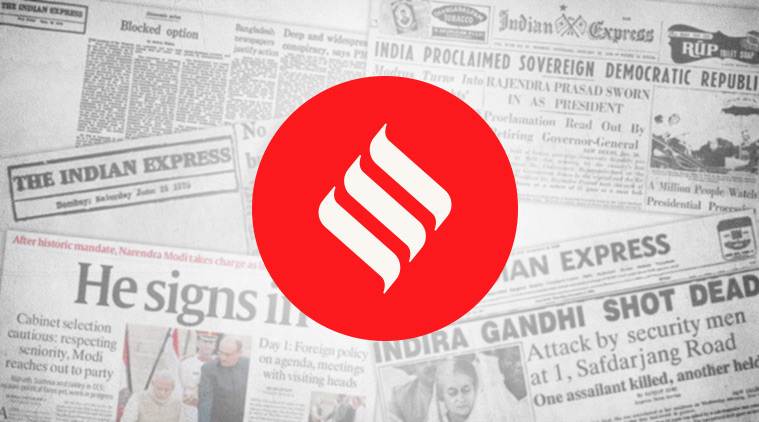
The latest reports from Afghanistan that the US has resumed attacks on the Taliban suggest that the dominant view in Delhi — that America is surrendering to the Taliban and Pakistan — may not be entirely accurate. As it negotiates a framework for peace in Afghanistan, the US is trying to put its residual military leverage in the country to maximum possible use. Whether it succeeds or not, America is “fighting and talking” at the same time with the Taliban. The approach of the Taliban and its backers in the Pakistan army is much the same — to mount major attacks on the forces of the Kabul government and compel the Americans into making major political concessions. The US Special Envoy to the Afghan talks, Zalmay Khalilzad, said last week that Washington would like a peace settlement before July this year, when presidential elections are due. But he acknowledged that there is a “lot of work” to be done. Khalilzad also contradicted Taliban claims that the US has given a time-table for withdrawal of American forces from Afghanistan.
There are indications that the US may not pull all of its troops (currently numbering 14,000) from Afghanistan even if there is a satisfactory agreement with the Taliban (and Pakistan). In his state of the union speech last week, President Donald Trump said the US would leave a small military presence for the purpose of countering terrorism in the region. It would also mean retaining a few American bases in Afghanistan. Meanwhile, there is a darkening shadow over the political legitimacy of the government in Kabul. If the American decision to engage directly with the Taliban has weakened the credibility of Kabul, many leading Afghan political figures are actively undermining it. A number of Afghan leaders, including former president Hamid Karzai, traveled to Moscow earlier this month to sit down with the Taliban leaders despite the express opposition from President Ashraf Ghani.
As the talks between the US and the Taliban/Pakistan continue later this month, the cracks within the Kabul government and its constituent parts are bound to widen. As change, of one kind or another, seems inevitable in Afghanistan, all factions in the Afghan polity have begun to jockey for a position. While the end-game for the current chapter in Afghanistan has certainly begun, it is likely to be a messy and complicated one. As the political situation in Kabul becomes volatile, there is no reason for Delhi to either panic or pretend that it can get by with old slogans on Afghanistan. Instead it should consolidate its position on the ground, step up engagement with all political forces in Afghanistan —including the Taliban — and intensify consultations with all external players. Instead of demanding maximalist outcomes, Delhi’s focus must be on staying relevant in the dynamic Afghan environment.